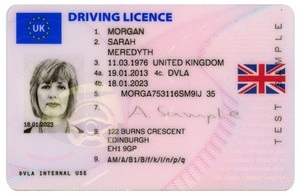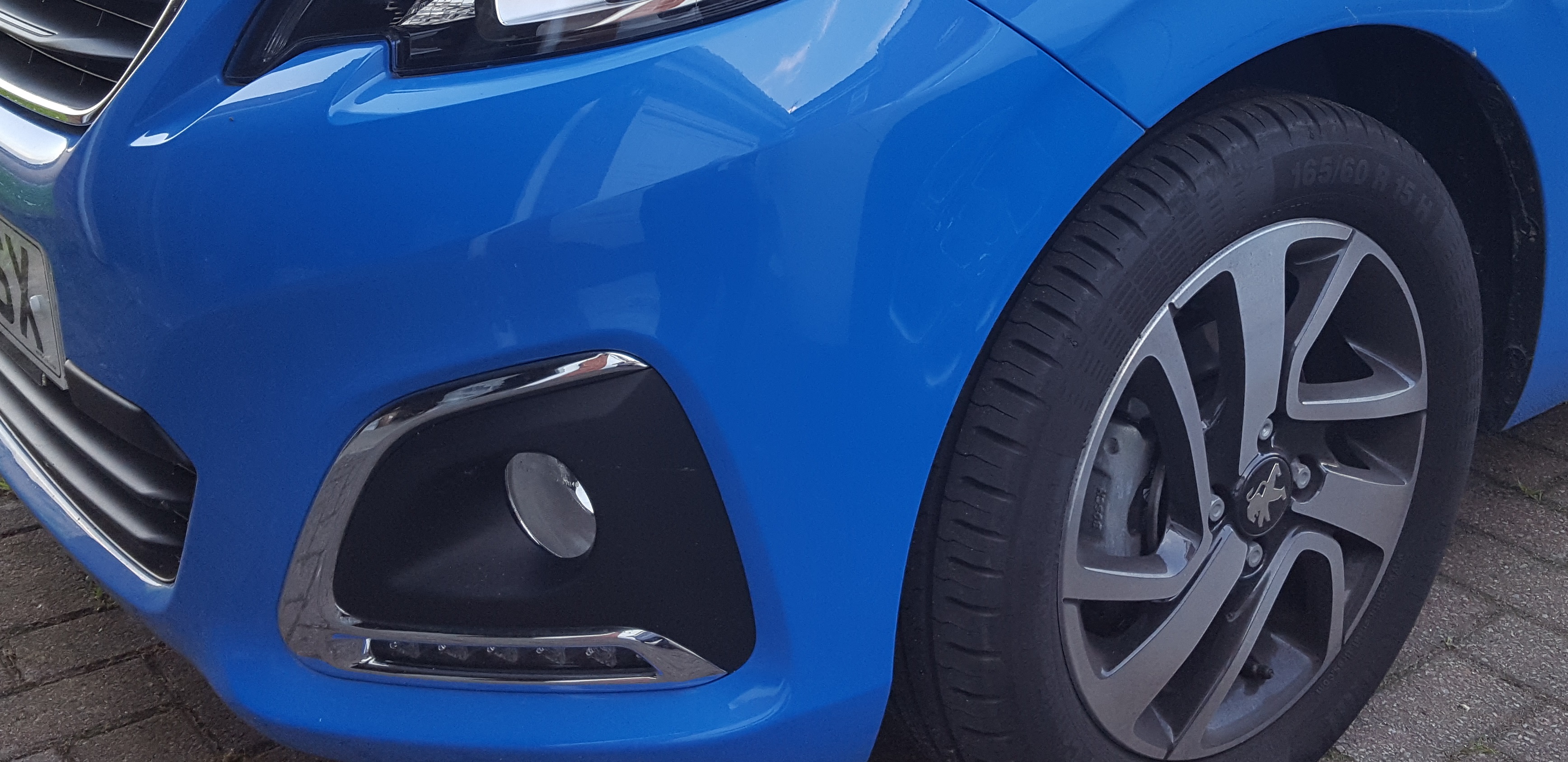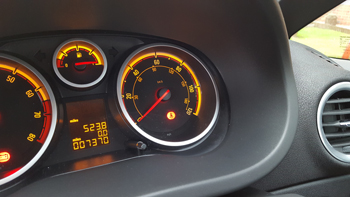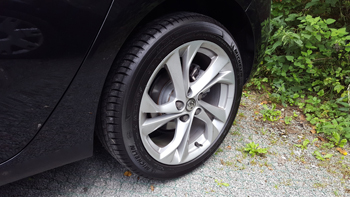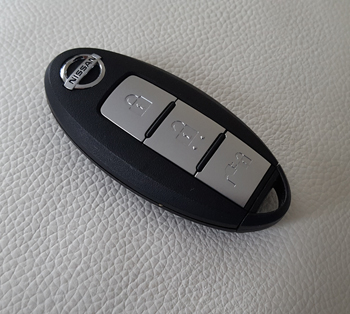
Buying A Car
Before you rush out and make that important purchase there’s some things you should really think about first. If it’s a second-hand car, get it checked before buying to ensure that the seller is the legal owner, there is no outstanding finance on the vehicle and it is in a safe roadworthy condition. You can find out what information the Driver and Vehicle Licensing Agency holds at the DVLA website. You’ll need the vehicle’s make and registration number for this.
The following websites may also be useful:
- You can check out the safety rating of your car, or one you plan to buy, at EuroNCAP.com. Click the appropriate link for detailed description of how each individual car performed and how they compare to other models in their class.
- The AA also have some tips on buying a used car: TheAA.com
- Advice and tips for buying, running and selling a new or used car: WhatCar.com
- First car offers advice specifically for new drivers
Getting Insurance
You must have at least third party insurance that covers your use of the vehicle, whether you own it or not. This means you’re covered if you have a collision causing damage or injury to any other person, vehicle, animal or property. It doesn’t cover any other costs like repair to your own vehicle. For your own vehicle to be covered as well, you’ll need fully comprehensive insurance.
Become a safer driver by completing Pass Plus Cymru.
DOs and DON’Ts of Insurance
DO
- Get quotes from individual insurance companies not on comparison sites
- Try adding a second responsible driver to your policy as a named driver
- Consider a policy which uses technology to monitor your driving e.g. black box, apps etc.
- Tell your insurer about changes and special circumstances
- Try multi-car policies if you live with parents or a partner
DON’T
- Assume third party insurance is cheaper than fully comprehensive
- Put someone else as the first driver if it’s your car – you must be the policyholder
- Modify your car as this can raise insurance premiums
- Be tempted to lie
- Forget that car type (and engine size) impacts on the insurance cost
For more information on young driver insurance try these links:
Running Your Car
Even if your vehicle has a current MOT certificate, it is your responsibility to make sure it is safe and legal to use on the road in between. This includes checking your tyres, lights and fluid levels regularly throughout the year. It is also beneficial to have your car serviced regularly where the engine oil can be changed and any worn parts can be replaced. Each car manufacturer has different requirements so it’s worth talking to your local car dealership or mechanic.
The Royal Society for the Prevention of Accidents (RoSPA) has produced a useful video guide on basic car maintenance that you can view here.
These other websites may also be useful:
- PetrolPrices.com – To find the cheapest petrol prices in your area and tips on gaining more miles per litre
- Traffic Wales – Live traffic reports when you need them.
- Traffic-Update.co.uk – Plan your journey, get live traffic reports and road safety news.
- TheAA – The cost of running a petrol or diesel car from the AA
- GoSafe – For information relating to safety cameras, including facts, locations and penalties
- TyreSafe – Information on tyre maintenance and the dangers of defective and illegal tyres.
